COVID-19 has delayed CBS plans to be more sustainable
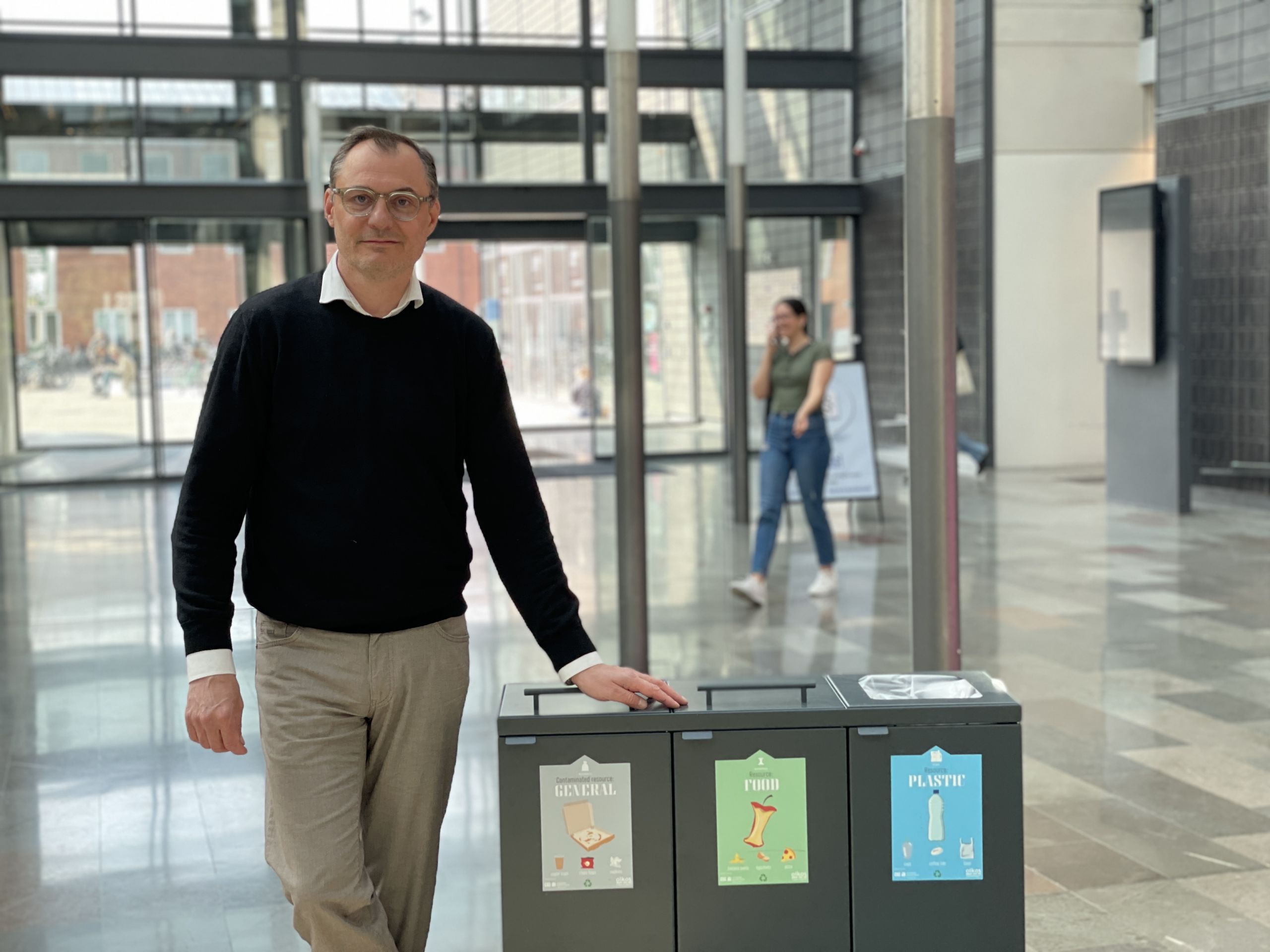
Director of Campus Services, René Steffensen, believes CBS still has a long way to go, before we are able to sort our trash in a satisfactory manner. (Photo: Ida Eriksen)
CBS still has a long way to go to meet its sustainability goals for 2025. Especially when it comes to reducing waste and sorting garbage, says Director of Campus Services René Steffensen. “The coronavirus pandemic made it difficult for us to remain focused on our sustainability goals and we are still not very good at sorting our waste,” he states. But there might be a solution.
In 2018, CBS announced a Campus Sustainability Strategy, including goals and objectives to make the university more sustainable by 2025.
And although Campus Services has taken many important steps towards being more sustainable, these measures are far from adequate to ensure we meet the goals in the plan, says René Steffensen.
Among the initiatives to help achieve this goal is the 100 percent recycling of all waste.
“We still need to significantly improve our waste sorting. Even though we recently installed new bins in public areas and offices that were supposed to improve waste sorting, we must admit that they are not working as well as we had hoped,” he says.
The problem is that students and employees often end up putting the wrong waste in the wrong bins, which essentially means that too much waste is still being dumped and burned as residual waste instead of being sorted and potentially recycled.
But the students and staff are not entirely to blame, underlines René Steffensen.
“Yes, we could all be better at trying to sort our waste into the right bins, but we’ve discovered that the problem extends beyond students and employees – and includes how the waste bins are designed and the sorting rules are understood,” he explains.
New waste bins, please!
In the autumn of 2021, new bins displaying icons of a plastic bottle, a pizza tray and an apple core were installed almost everywhere on campus. And now, almost 10 months later, the verdict is clear.
“We would like to have larger bins with new, improved, and simpler signage. We are also looking into the possibility of removing some of the lids. Also, the bottle icon does not clarify whether the bin is for soft plastic and/or hard plastic. The same applies to the pizza tray – it is hard to know what kinds of waste that icon covers,” René Steffensen says.
Another part of the solution is to offer fewer, easier options to those navigating public spaces.
“It is much better to successfully sort residual waste, biological waste and recyclable bottles instead of offering many confusing options for people moving fast on campus looking for classrooms. We also learned that from visiting DTU, which has a simpler system for sorting waste,” René Steffensen states.
The waste bins and signage will be replaced with new improved options during the summer break.
“We will also follow up in the autumn with a campaign highlighting waste sorting,” René Steffensen concludes.
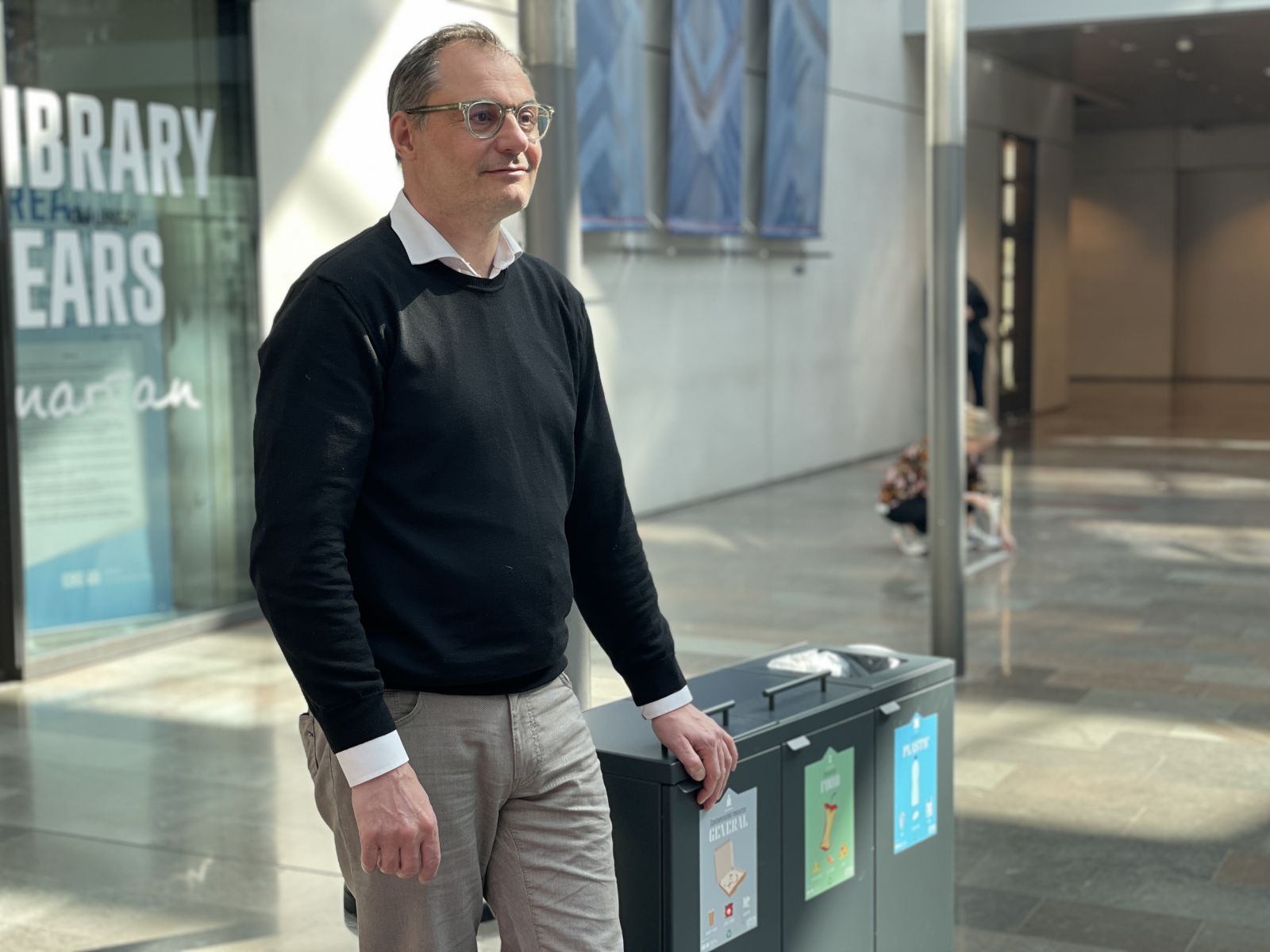



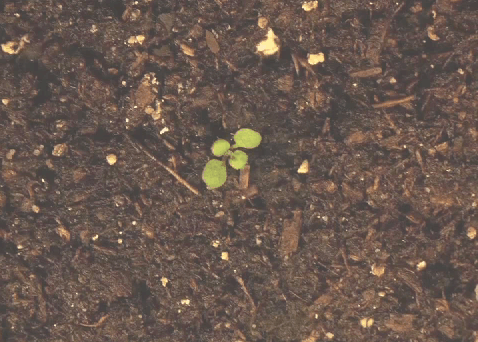
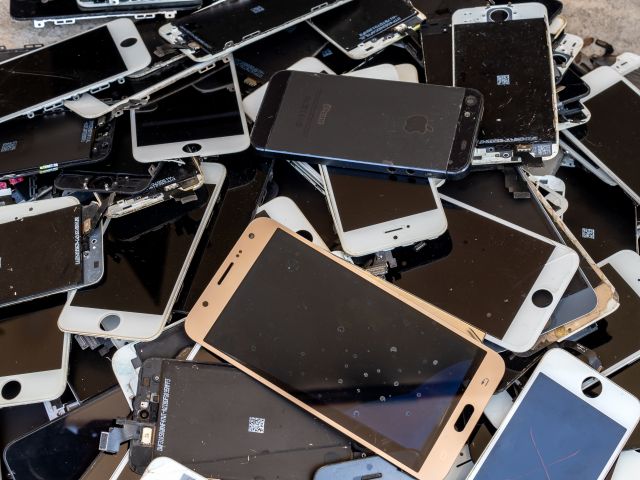
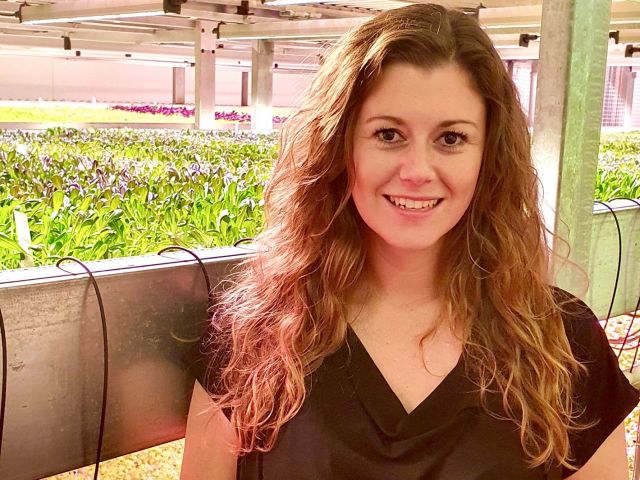
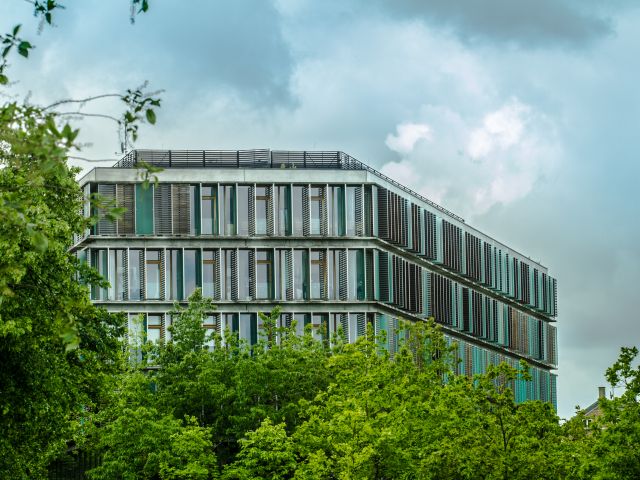
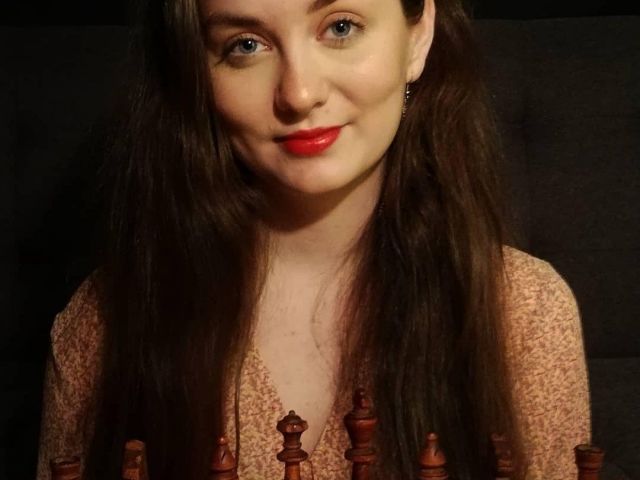
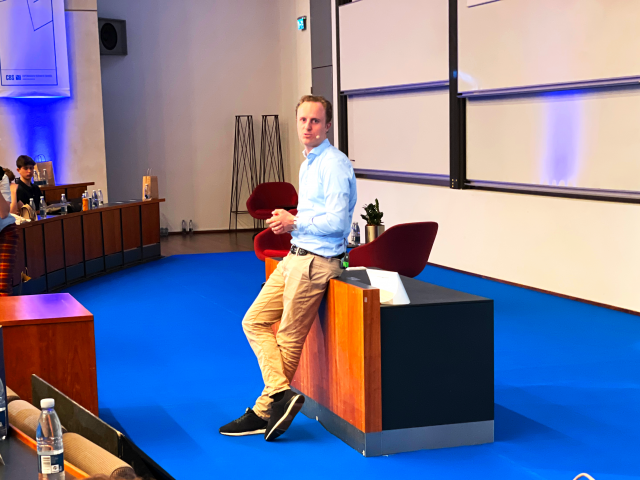




























































































































Comments